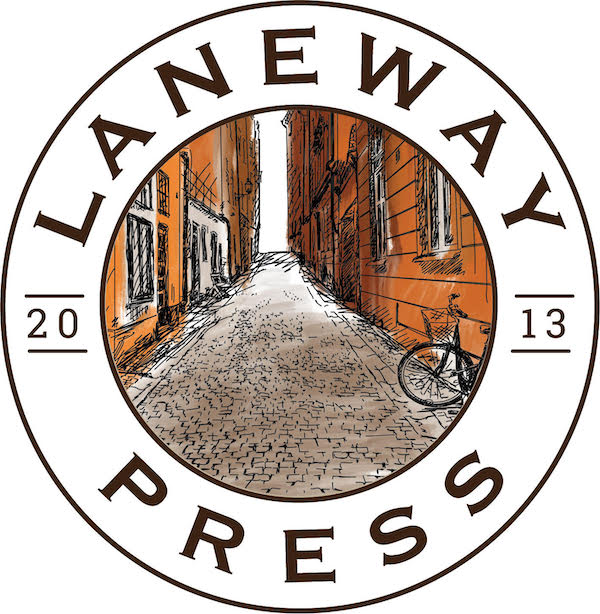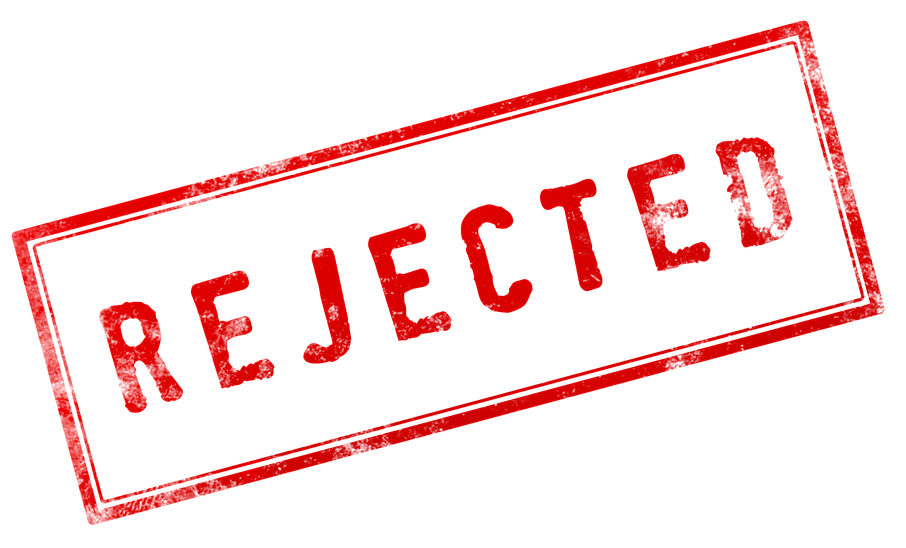What to do with a rejected manuscript
So you’ve written a book – well done! After hours upon hours of plotting, planning and fighting writer’s block, the hard part is finally over … right? Wrong. Writing a strong proposal and submitting to publishers can be a difficult task if you’ve never done it, and disheartening when you end up with a rejected manuscript. If you’re sitting there wondering why your magnum opus is being ignored, you’ve come to the right place.
Here are 5 common reasons why you may not have had that call-back from the publisher’s office:
1. Your ‘rejected manuscript’ hasn’t actually been seen yet
Publishing houses, especially the big ones, get a lot of submissions. Like, a LOT. It is very likely that if you’ve submitted your manuscript or proposal recently (as in, less than 6 months ago) they haven’t even looked at it yet. More than likely, it’s ended up on the slush pile and it’ll be months before they get around to reading it … if ever. This may sound disheartening, but it is, unfortunately, the truth. This is not to say you should just give up, but it is something to keep in mind. If you don’t have an agent, a big publishing house is likely to not look twice at your submission.
2. You proposal wasn’t convincing enough
More often than not, you should be submitting a proposal with excerpts from your book rather than your entire manuscript (especially if it’s not finished yet!). It gives the publisher a taste of your writing without overwhelming them and shows you’ve done your research and due diligence. But it needs to be convincing. When submitting a proposal, you need to be clear about your idea and persuasive in your pitch. What is the book about? Why does this book matter? What does it offer that similar books that have already been published, don’t? Is there a market for it? And why are you the best, or even the only, person to write it? Convince the person reading your proposal beyond any doubt that your book should be published.
3. You didn’t read the submission guidelines
Many publishing houses, especially small publishing houses, are looking for specific types of books to publish. It could be that your ideas, writing style, or the genre of your book don’t align with what they’re looking for, and therefore you won’t be considered. For example, you wouldn’t submit a dense academic text on World War II to a children’s book publisher, right? Sometimes the distinctions of what a publishing house is looking for can be a little subtler than this though, so be mindful of what you’re submitting and who you’re submitting to; it’s a waste of your own efforts if you haven’t carefully read the guidelines and thought about whether your book is something that particular publisher is actually looking for.
4. They were closed for submissions
In some cases, you may have the right proposal for the right publisher, but they’re simply not taking submissions. If a publisher is not taking submissions, or they only open for submissions at certain times, it will be in their submission guidelines. Whatever the reason for it, there’s not much you can do to get around it. It might be worth doing some research to see if there is another publisher out there who is suited to you. Otherwise, keep checking back to see if submissions have reopened! Sometimes you may need to shelve your work until the right opportunity arises.
5. $$$$$
It’s the bottom line in any industry and one that even the most arty and idealistic can’t avoid: profit margins.
Often a publisher won’t take your book purely because they can’t (and therefore you won’t) make any money from it. Whether it’s because the genre is played out and the market has moved on, the type of book you are proposing is expensive to produce, or because your audience is a niche they don’t cater to – if the money isn’t there, unfortunately, you are likely to end up with a rejected manuscript. It is possible to find a (usually independent) publisher who specialises in catering to whoever your niche audience is, but it can take some digging to find them. If it’s worth it to you to get your book published any way you can, you can always look for other options. Assisted publishing is a good option for those who have disposable income and are willing to take the risk.

